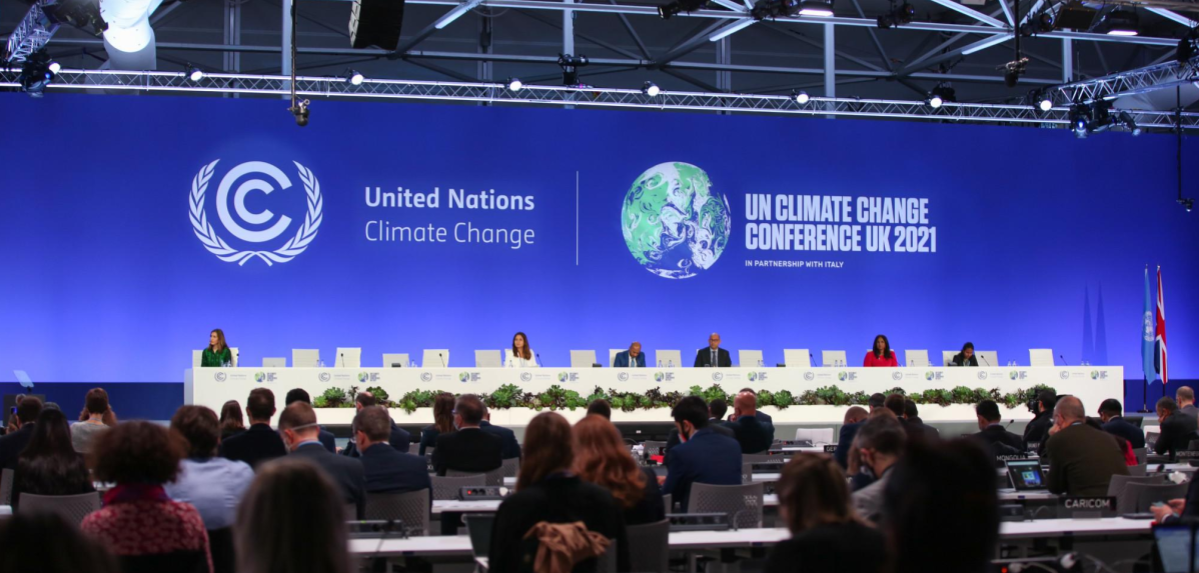African Countries Should Reject Anti-Fossil Fuel Policies at COP 28

The hypocritical, biased and unjust climate agenda poses a direct threat towards Africa’s development, and countries should remain resilient in their efforts to defend their right to utilize oil and gas.
With COP 28 set to conclude in the coming days, a COP where African countries fiercely defended the role oil and gas plays across the continent, it has become clear that developed nations seem committed to phasing out fossil fuels, advocating for an anti-fossil fuel energy transition that does not take into account the needs of the developing world. If endorsed, this approach would cause detrimental impacts on Africa’s economies, and the African Energy Chamber (AEC) strongly urges African countries to reject any and all anti-fossil fuel policy that may arise.
Earlier this week, Haitham Al Ghais, Secretary General of the Organization of Petroleum Exporting Countries (OPEC), issued a similar remark, urging member countries to reject any agreements that target fossil fuels during the climate negotiations. Advocating for focus to be placed on reducing emissions rather than reducing energy, Al Ghais noted that, “It seems that the undue and disproportionate pressure against fossil fuels may reach a tipping point with irreversible consequences, as the draft decision still contains options on fossil fuels phase out.”
Phasing out fossil fuels and opting for a ‘western approach’ to the energy transition is simply not an option for Africa. The continent has not only contributed the least to global greenhouse gas emissions – less than 2% – but faces the worst impacts from climate change, owing largely to the actions taken by developed countries for centuries. For decades, Africa’s oil and gas resources have been extracted and exported for the benefit of wealthy nations, while the continent has been left with inadequate resources to meet its growing demand. Wealthy nations have not only used these resources to develop but have positioned themselves as financially and infrastructurally ready to transition away from fossil fuels. Now, Africa is trying to take the same path, and is being directed to abandon an approach taken by those that went before it.
With oil and gas, Africa is seizing control of its energy future. By directing substantial investments towards these resources, the continent will not only be able to bolster industrialization, alleviate energy poverty and join the world in its development, but strengthen its capacity to deal with climate change. By phasing out fossil fuels, Africa will not only reduce its inconsequential emissions, but essential phase out energy in almost its entirety. Remember, the main sources of energy in Africa are oil (42%), gas (28%) and coal (22%). If Africa were to phase out these resources, it would be transitioning from dawn to darkness.

